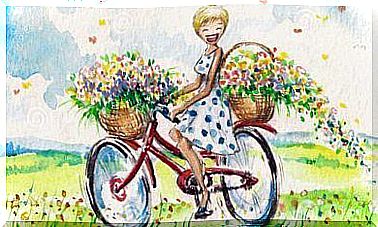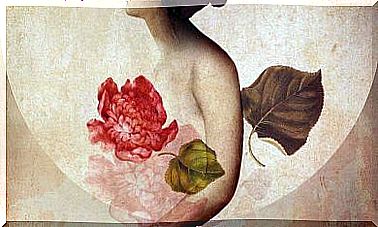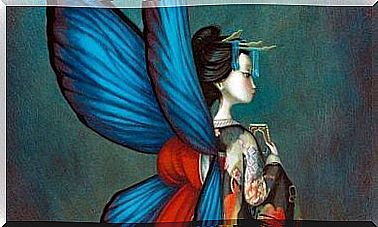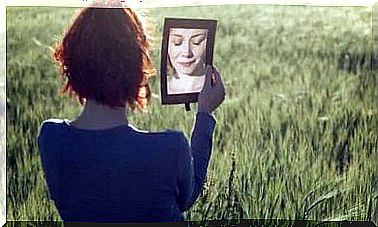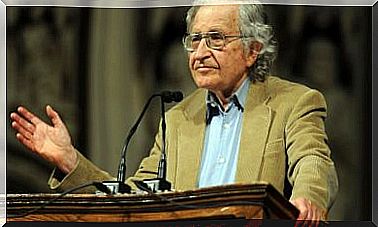Books And Poetry To Fight Anxiety And Depression
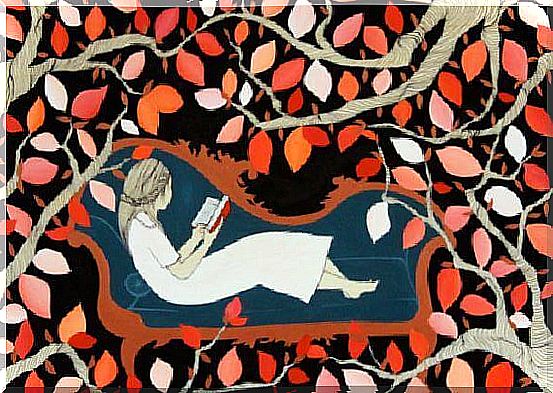
The therapeutic power of literature is staggering. In those moments when we are overwhelmed by sadness, anxiety and heartbreak, reading books and poetry can help transform feelings, emotions and thoughts.
Thanks to letters we can understand our own mood and improve our behavior in a profound way because, somehow, we can find ourselves in the sheets of a good story or beautiful poetry.
The brain has the ability to experience what we read and to empathize with the words that help us name and express what goes on inside us. This fact has been profusely documented since the Greek Golden Age.
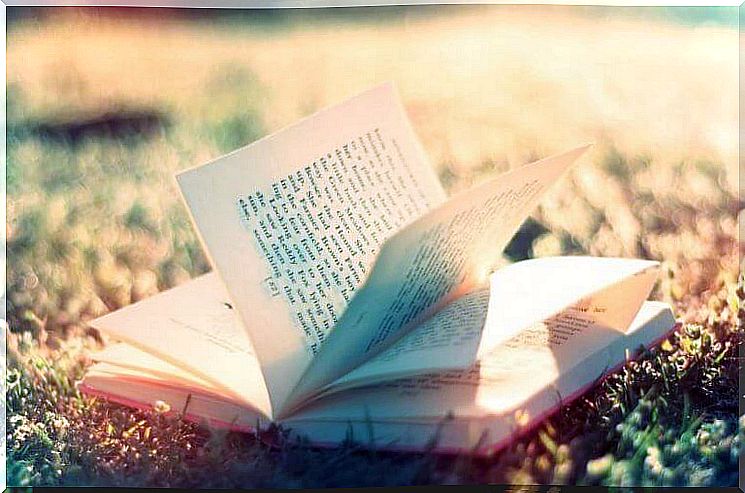
It is curious how Aristotle realized this several centuries ago when he invites us to carry out sincere and expressive reflections on what people with the gift of writing put into words. Similarly, in 1904, Kafka made this reflection in his Letter to Oskar Pollak:
“If the book we read doesn’t wake us up like a fist punching the skull, why read it? To make us happy? My God, we would also be happy if we didn’t have books, and we could, if necessary, write the books ourselves that would make us happy.
But what we should be afraid of are those books that fall upon us like bad luck and that deeply disturb us, like the death of someone we love more than ourselves, like suicide. A book needs to be like an ice peak that breaks the frozen sea that we have inside us”.

Books are a sweet medicine that brings us closer to the “cure”
Literature is a sweet medicine that brings us closer to the “cure”, as it often allows us to normalize and validate how we feel, as well as to reason in a correct and healthy way.
Finding examples that allow us to extract our own pain is a profoundly supporting therapeutic blessing in the process of improvement and “emotional healing”. Partly because it educates and helps us understand what happens.
That is, it gives us tools and resources to stimulate our lucidity in moments of blockage. With this in mind, The Reading Agency and the Society of Chief of Librarians decided to select and compile the best books and poetry to combat anxiety and depression.
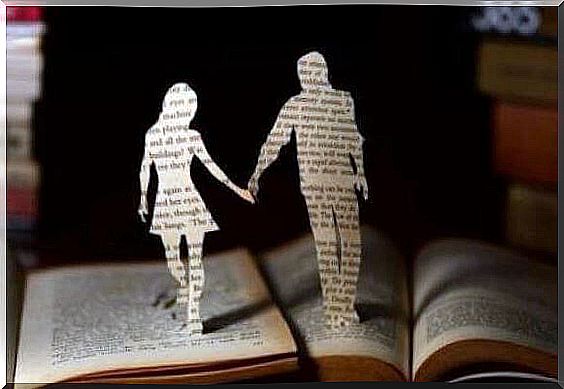
We bring here some of the elements of this list, which range from the “Manual to Feel Good” by David D. Burns, to “A Brief History of the World” by Ernst H. Gombrich, passing through other humor works such as those by author Bill Bryson.
- ‘The Adventures of Tom Sawyer’ by Mark Twain. The curiosity and desire for adventure in this story promote exploration and the desire to achieve something different in life.
- ‘The Little Prince’, by Saint-Exupery. Whatever the moment of our lives, it is always possible to learn excellent teachings of love, friendship and inner life.
- ‘History of a body’, by Daniel Pennac. This book speaks of pain, fear, death, illness and many other sufferings that we can identify with.
- ‘Sofia’s World’, by Jostein Gaarder. This wonderful book encourages us to keep walking and to create interest in the many aspects of our intimate lives.
- ‘Alien Lives’, by Emmanuel Carrère. Here are narrated several stories that help us to understand the different realities with which we relate, considering the fact that each person has a story that needs to be taken into account.
- ‘The Man in Search of Meaning’, by Viktor Frankl. A classic that helps you reflect deeply on your life and the difficulties you have to deal with.
- ‘The Ugly Duckling’, by Boris Cyrulnik. A complicated life does not imply sinking, it is always possible to move forward: this is his teaching and the faithful principle that permeates the resilience of the human being.
- ‘The woman who didn’t want to love’, by Stephen Grosz. Here are narrated stories of patients who solved their problems.
- ‘The Feeling Good Handbook’ by David D. Burns. This book presents a non-pharmacological treatment for depression.
- ‘A Brief History of the World’, by Ernst H. Gombrich. An authentic reflection on the transformation of history and its implications for our lives.
- ‘Don’t Surrender’, by Mario Benedetti. This poem promotes the emotional empowerment we all need in times of helplessness.
In conclusion, literature can be tremendously transformative. Why? Because through it we manage to organize the chaos and internal disorder that reigns in us after bad moments or traumatic episodes.
For all these reasons, I recommend that you do not miss the information I offer you in this article, as a good book or beautiful poetry can make you recognize, alleviate and heal, over time, the emotional pain that at certain times you envelops in a frozen sea.
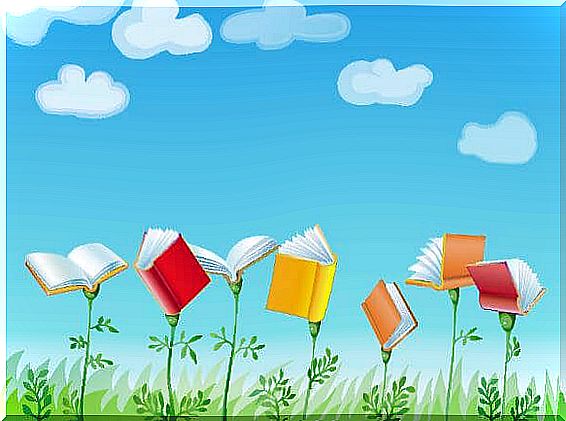
Bibliography of interest:
The Reading Agency; Society of Chief Librarians (2015) . Reading Well Books on Prescription: Evaluation 2014-15. October 2015. 36 p. Available at: http://readingagency.org.uk/news/RWBOPEvaluationReport2015.pdf
Baikie, K., & Wilhelm, K. (August 11, 2005). Emotional and physical health benefits of expressive writing. Retrieved from BJPsych Advances.

